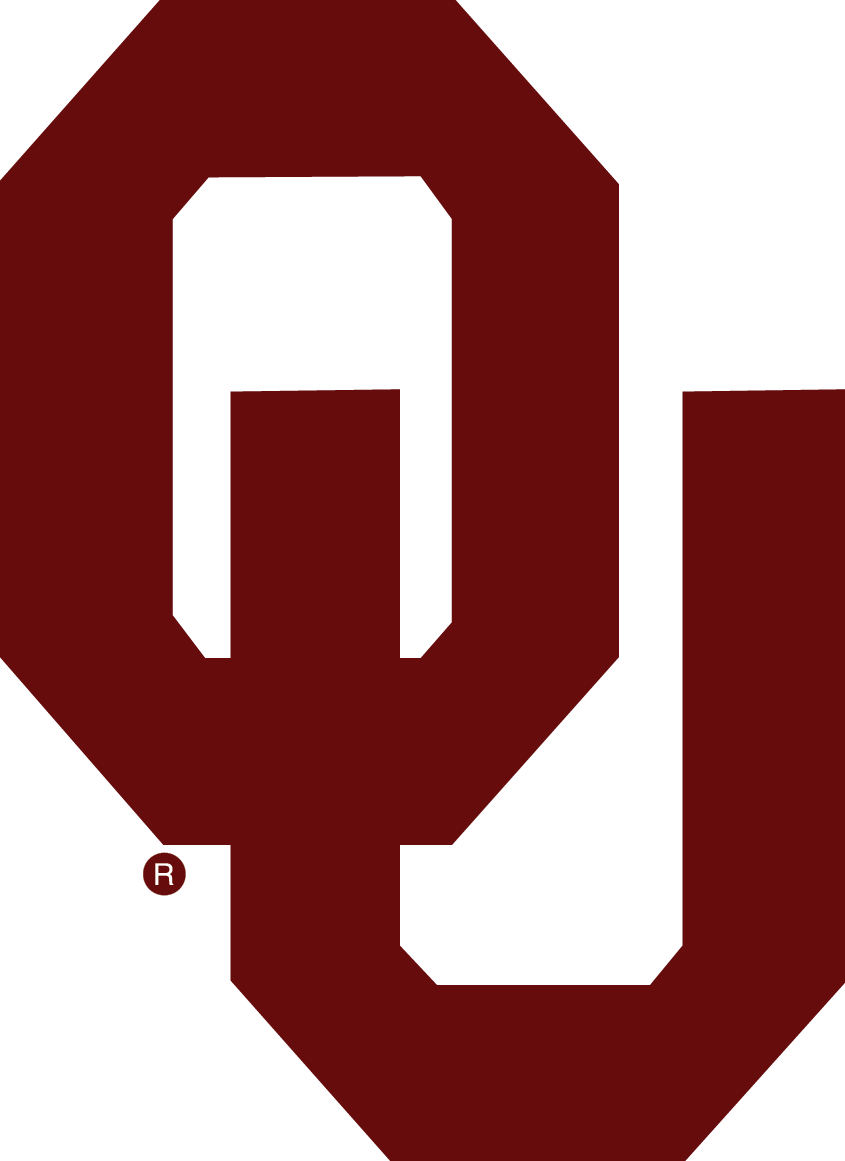OFFICE HOURS: 8:00 a.m. – 4:30 p.m.
Assistant Dean for Clinical Affairs:
Nan Shadid, D.D.S., Dean’s Office - Room 504
Responsibilities include the overall management of the predoctoral and baccalaureate clinic programs.
Clinic Administrator:
Crystal Farrimond, M.P.H., Room 321
Responsibilities include the overall management of the PSCs, Communications Center, and Dispensaries.
Predoctoral Materials Control Manager:
Joni Jenkins, Room 305
Responsible for supervising the Inventory Associates, product procurement for the pre-doctoral clinics, student locker assignments, external dental assisting rotation, and small equipment for clinics.
Predoctoral Clinics Manager:
Tracy King, Room 307B
Oversees all Patient Services Coordinators for the predoctoral clinics.
Director of Compliance:
Kim Graziano, R.D.H., M.P.H., Room 234
Responsible for managing all adverse incident reports, faculty/staff training in infection control and hazardous waste management, HIPAA point of contact, and liaison for OUHSC Environmental Safety, OSHA, and other regulatory agencies. Supervisor for Central Sterilization staff.
Compliance Coordinator:
Maria Carter, Room 238
Performs Compliance onboarding for all new employees, report preparation and follow up for all HIPAA-related issues, maintains key inventory and building access logs, assists students with all Compliance-related enrollment requirements in Complio, coordinates CPR courses for all workforce members, updates policies, protocols, and informational material for all faculty, staff, and students, and supports the Director of Compliance.
Compliance Administrative Support:
Rebekah Bargewell, Room 238
Performs report preparation and follow-up for all OSHA and Infection Control-related issues, maintains Emergency Cart checklists and Safety Data Sheets, coordinates Fit Testing, updates policies, protocols, and informational material for all faculty, staff, and students, and supports the Director of Compliance.
Director for Quality Assurance and Director of Patient Relations:
Susan W. Shelden, R.D.H., Room 232
Works with the Assistant Dean for Clinical Affairs in the overall management of the predoctoral and baccalaureate clinic programs. Responsible as the Patient Liaison.
Quality Assurance Coordinator:
Sabrina Savage, Room 238
Responsibilities include the coordinator for Clinic Operations payroll, managing the forms inventory, UVS chart storage, invoice processor, and supporting the Director for Quality Assurance and Patient Relations and the Assistant Dean for Clinical Affairs.
Scheduling Coordinator
Staci Wekenborg, R.D.H., M.Ed., Room 593
Responsible for predoctoral and dental hygiene clinical scheduling and predoctoral rotation schedules.

